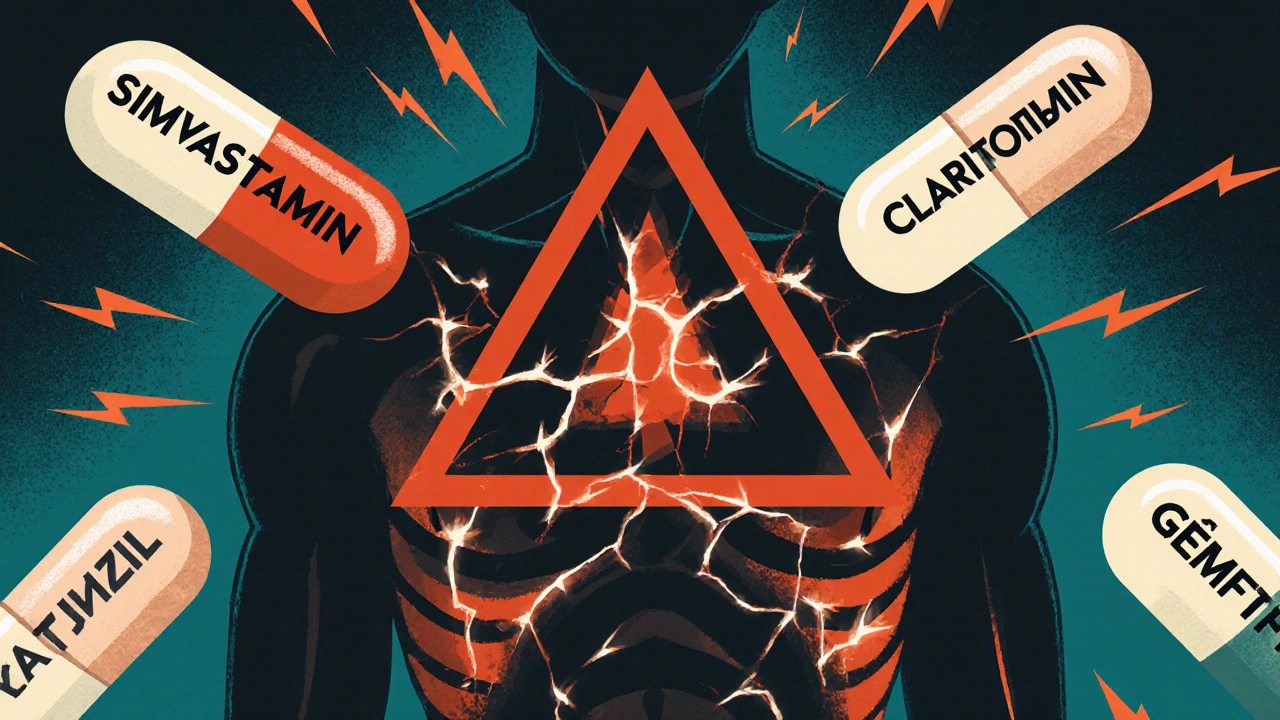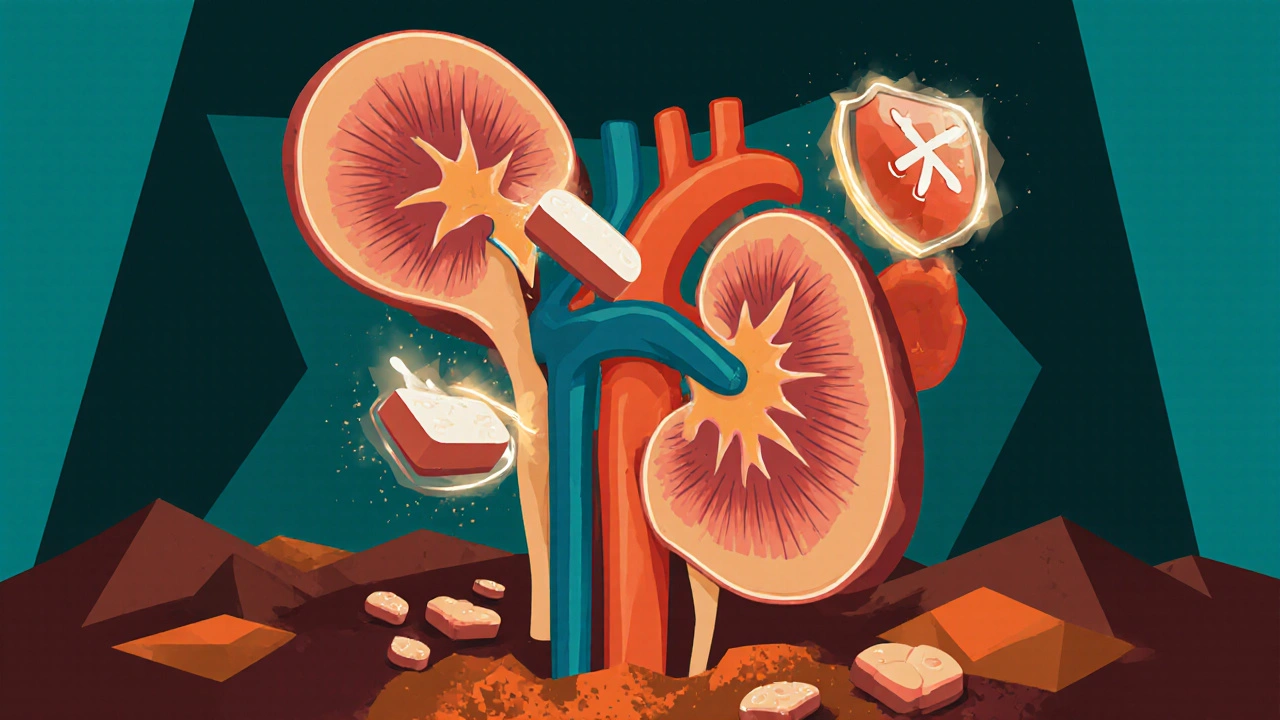Statin Side Effects: What You Need to Know Before Taking Cholesterol Medication
When you take a statin, a class of drugs used to lower LDL cholesterol and reduce heart attack risk. Also known as HMG-CoA reductase inhibitors, they’re among the most prescribed medications in the world because they work—really well. But for every person who feels safer after starting one, another stops because of side effects that feel worse than the problem they’re trying to fix.
Most people tolerate statins fine, but the real issue isn’t rare reactions—it’s the common ones no one talks about. Muscle pain, a dull ache or weakness that often starts in the thighs or shoulders is the #1 reason people quit. It’s not always dramatic—sometimes it’s just that you can’t climb stairs like you used to, or your arms feel heavy lifting groceries. Studies show up to 1 in 10 users report this, and many doctors dismiss it as "just aging." But if it starts after you begin a statin, it’s worth investigating. Then there’s liver damage, a rare but serious risk that shows up in blood tests, not symptoms. Your doctor should check your liver enzymes before and a few weeks after starting, but most people never hear back unless something’s wrong. And then there’s the quiet one: increased diabetes risk, a small but real rise in blood sugar that can turn prediabetes into full-blown type 2. It’s not guaranteed, but if you’re already overweight or have a family history, it’s something to track.
What’s missing from most patient conversations? The fact that side effects often fade after the first few months. Your body adapts. Also, not all statins are the same—some cause more muscle issues than others. Rosuvastatin might be harder on your legs than pravastatin. And if you’re taking other meds—like certain antibiotics or grapefruit juice—it can stack the risk. You don’t need to stop cold turkey. Sometimes switching statins or lowering the dose fixes it. The goal isn’t to scare you off statins—it’s to help you spot the real red flags so you don’t give up on something that could save your life.
Below, you’ll find real user experiences, doctor-approved tips for managing discomfort, and comparisons between different statins—so you know exactly what to watch for, when to call your doctor, and how to make this work for your body, not against it.
Statin Interactions That Increase Myopathy Risk: What You Need to Know
Statins prevent heart disease, but certain drug interactions can trigger dangerous muscle damage. Learn which medications raise myopathy risk, how to spot early signs, and safer statin alternatives.
Read moreAtorvastatin and Kidney Health: What You Need to Know
Atorvastatin is safe for most people with kidney issues and can reduce heart disease risk. Learn how it affects kidney function, who should be cautious, and what tests to expect.
Read more

